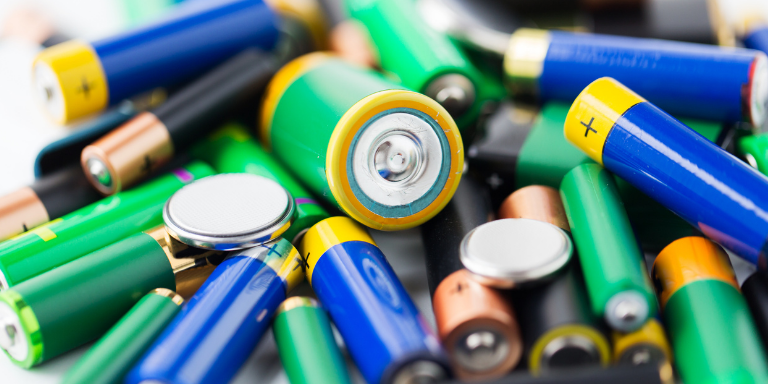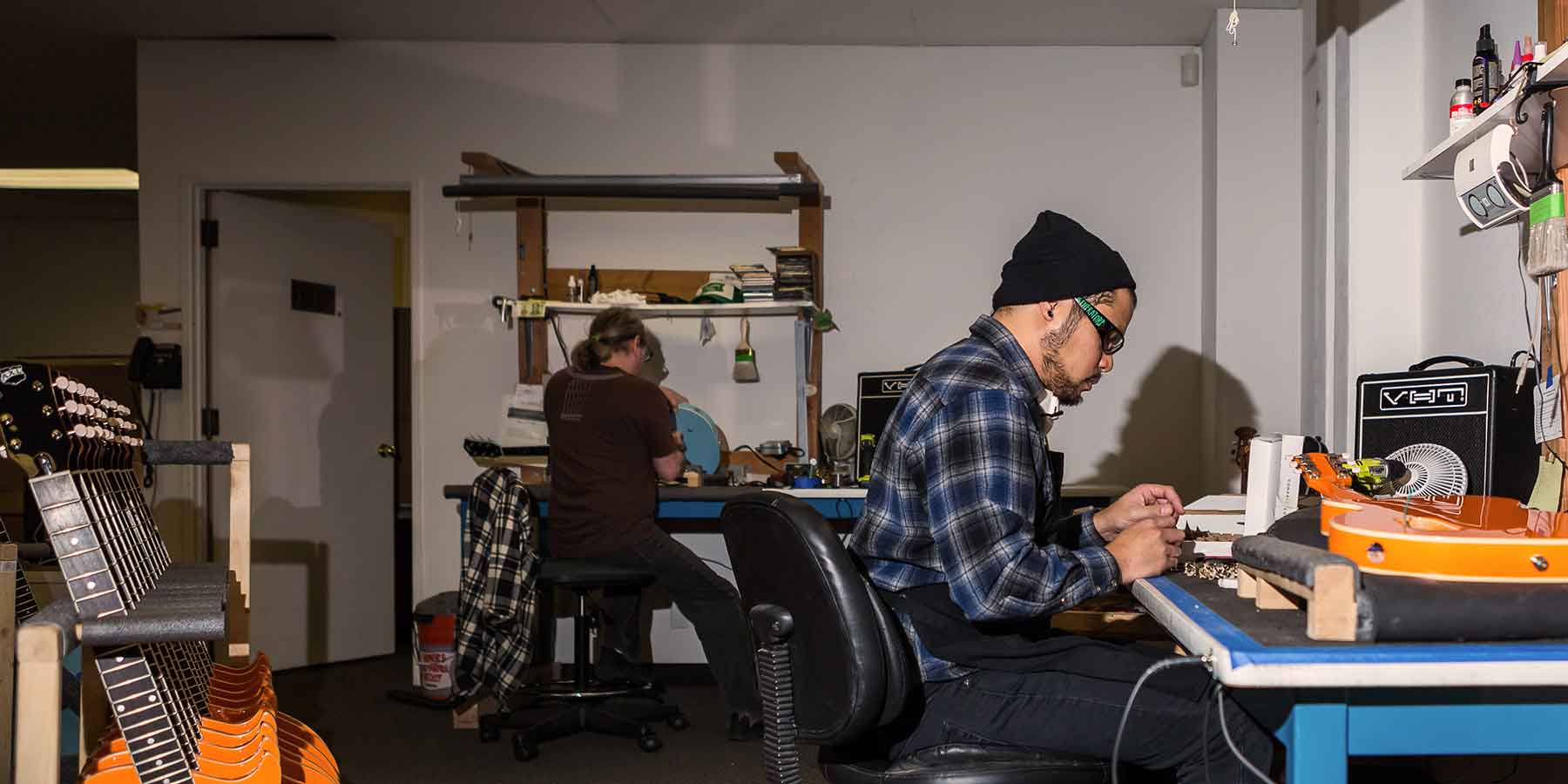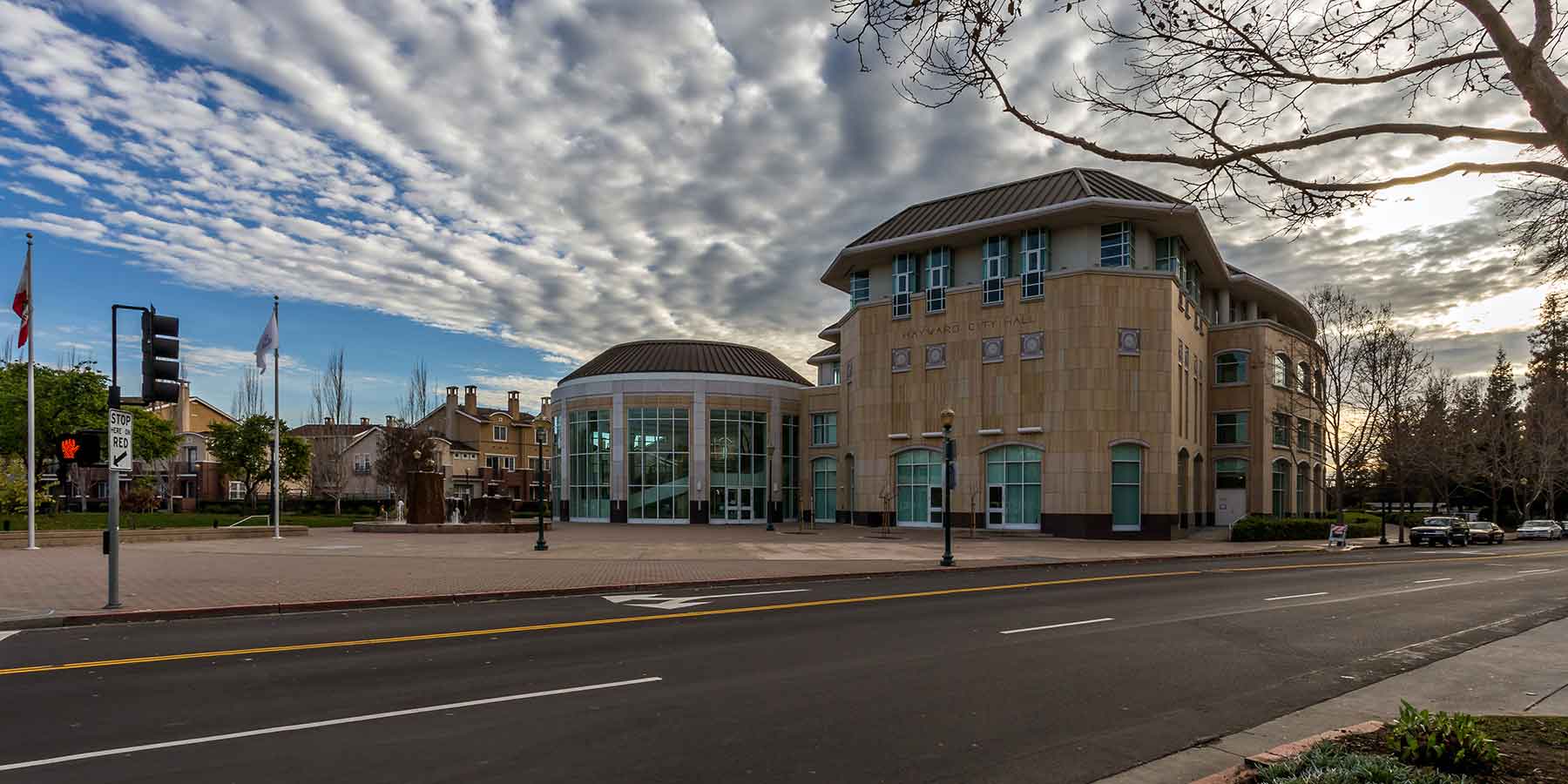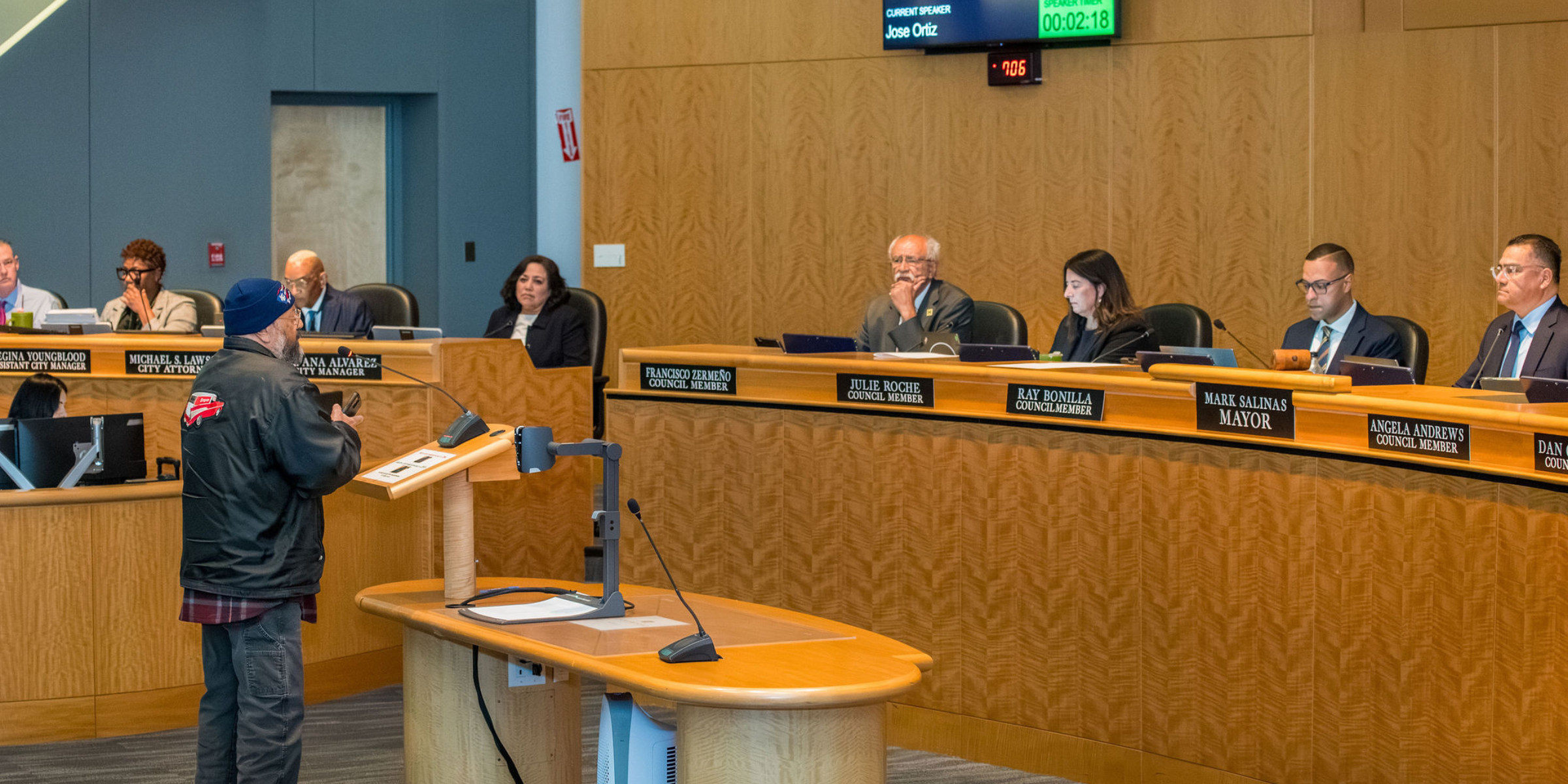Improperly disposed battery sparks Tri-CED truck fire

Earlier this year, a Tri-CED recycling truck serving Hayward caught fire due to an improperly disposed lithium-ion battery. Lithium-ion batteries, like all types of batteries, are considered hazardous waste and must be disposed of at a Household Hazardous Waste Facility or other approved recycler.
Lithium-ion batteries contain more power than other batteries and are delicately packaged. They are found in cell phones, laptops, power tools, and digital cameras, among other electronics. When damaged, a lithium-ion battery can short out, heat up, and catch on fire, damaging garbage trucks, causing fires at material recovery facilities, and endangering the workers who handle Hayward’s recycling and garbage.
All types of batteries are hazardous and should never go in trash, recycling, or composting bins. In addition to endangering workers and equipment, batteries placed in garbage carts end up in local landfills, where they corrode and seep harmful chemicals into the soil, which can eventually enter local water supplies.
Protect the staff handling your waste and mitigate the health, safety, and environmental impacts of batteries by properly disposing of them at the Hayward Household Hazardous Waste Facility at 2091 West Winton Ave (by appointment), or by taking them to another approved battery recycler. Additional locations that accept batteries can be found when you enter your zip code into the RE:Source guide on the City’s website.








